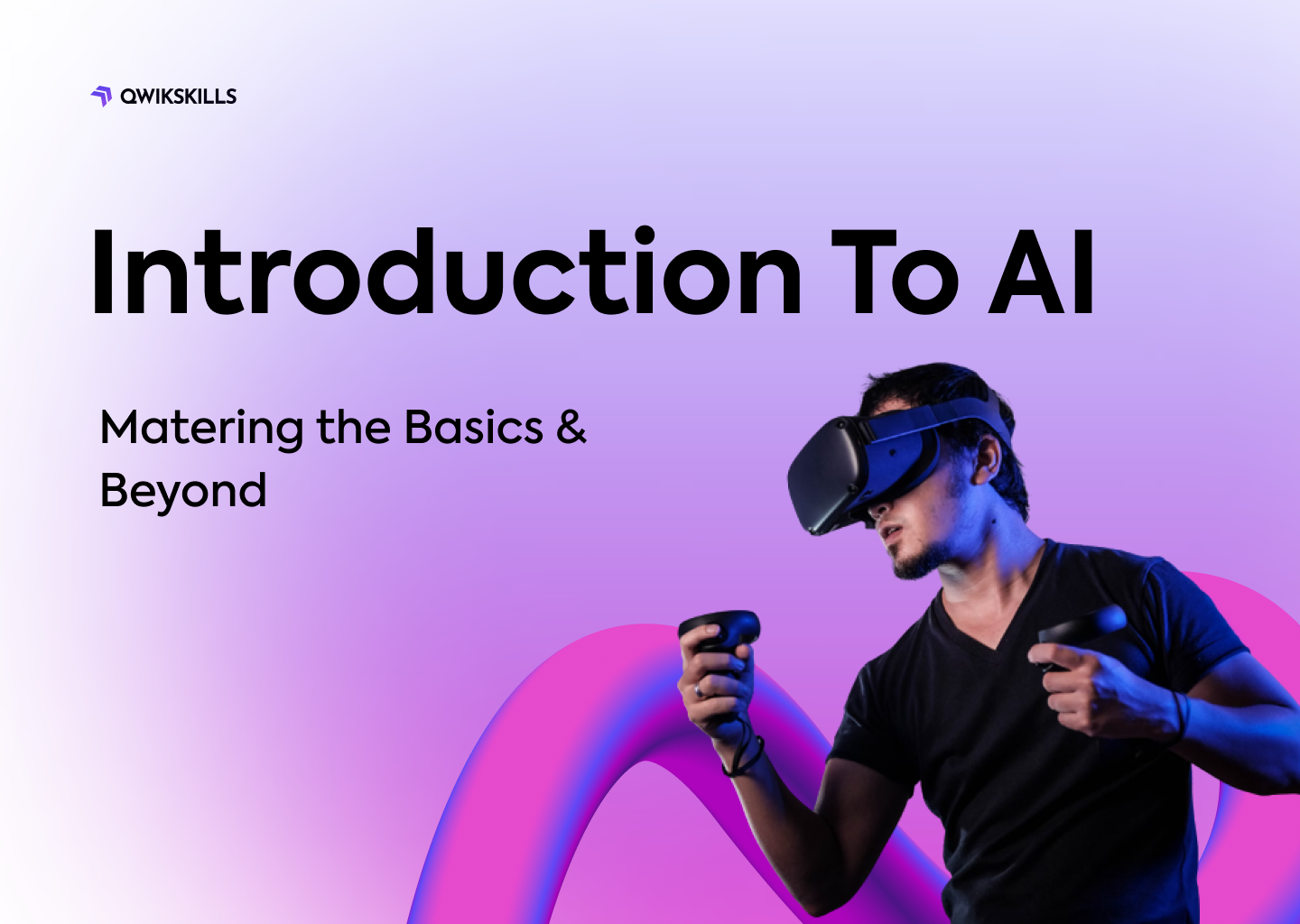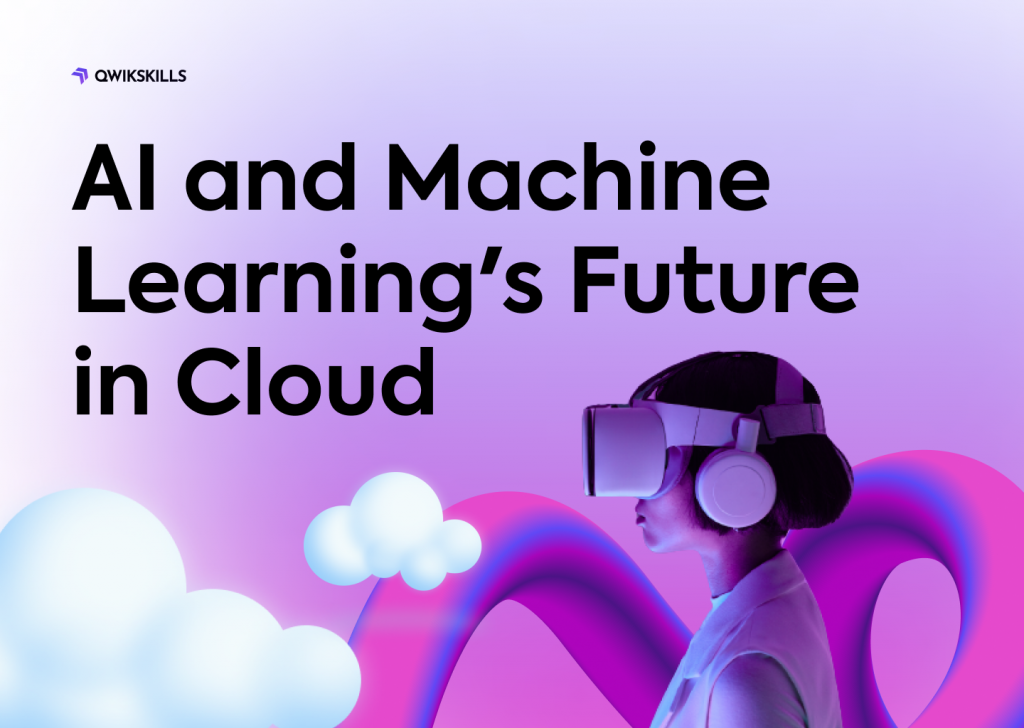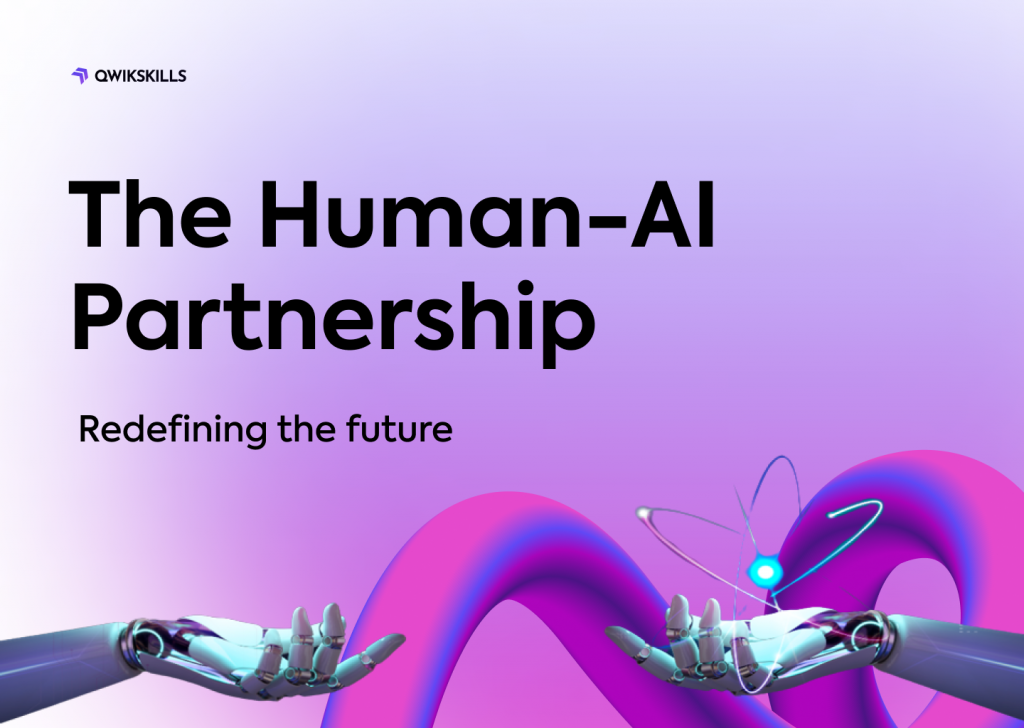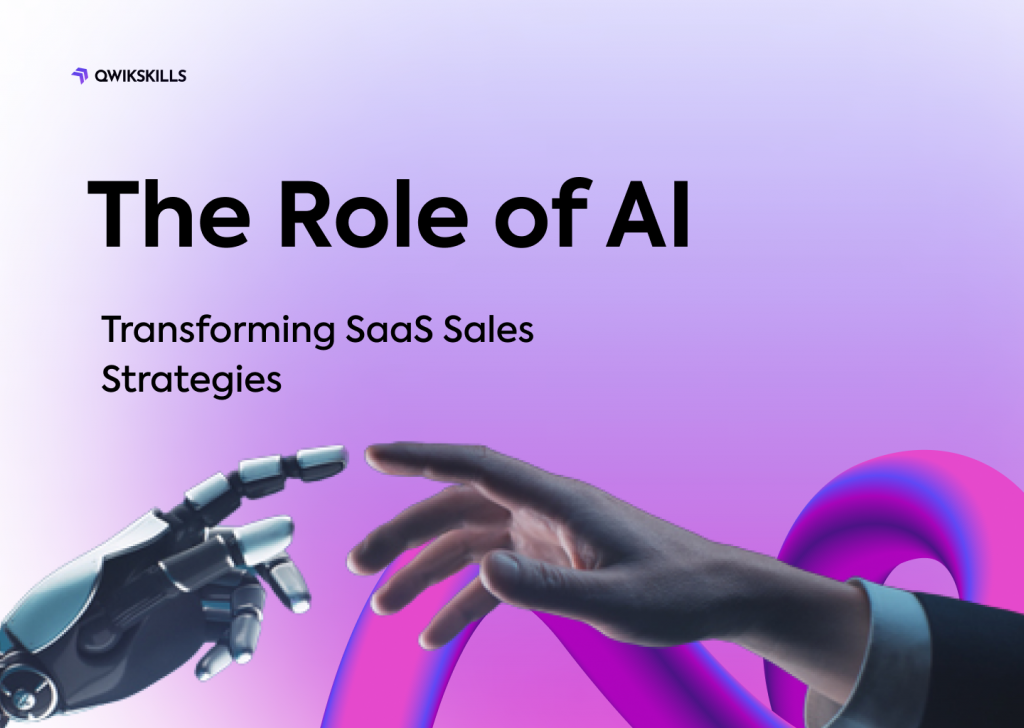
AI, once a sci-fi dream, is now vital in our daily lives. It’s at the heart of tech innovation, driving breakthroughs in various sectors including healthcare, finance, entertainment, and transportation.
Definition of Artificial Intelligence
Artificial Intelligence, in its simplest terms, is a branch of computer science that aims to imbue software or machines with the ability to exhibit human-like intelligence.
This includes problem-solving, learning, planning, understanding languages, recognizing voices, and even perceiving a physical environment. AI can be broadly classified into two types:
- Weak or Narrow AI: Specialised in conducting a specific task, such as voice recognition.
- Strong AI: Sophisticated systems that perform tasks requiring human intelligence and potentially outperforming human performance.
Importance of Understanding AI Basics
Grappling with AI basics is crucial for everyone — not just tech whizzes — because AI’s influence is widespread and growing. By grasping AI fundamentals, we can better manage its implications, integrate it innovatively into our work, and help shape an AI-driven future.
Understanding AI
AI, or artificial intelligence, is rapidly becoming a ubiquitous part of our daily lives, redesigning the way we live, work, and even play. But what exactly is AI, and how does it work?
What is AI and how does it work?
Artificial Intelligence, often simply referred to as AI, is the development of computer systems that can perform tasks normally requiring human intelligence, like visual perception, speech recognition, decision-making, and translation between languages.
At its core, AI works by using algorithms and statistical models to perform specific tasks without explicit instructions, relying on patterns and inference instead.
Key concepts in AI
To delve into the intricate world of AI, certain key concepts stand out; like Machine Learning, Neural Networks, and more:
- Machine Learning: This is a method of data analysis that automates analytical model building. It’s a branch of AI based on the idea that systems can learn from data, identify patterns and make decisions with minimal human intervention.
- Neural Networks: These are a collection of algorithms designed to recognise patterns. They interpret data through a lens of machine perception, labelling or clustering raw input.
Examples of AI in everyday life
You’d be surprised how many parts of our lives are already infused with AI! From virtual assistants and recommendation systems to personalized shopping and navigation maps, AI is everywhere.
- Virtual Assistants: Think Siri, Alexa or Google Assistant. These apps use AI to understand human language and efficiently handle tasks such as setting reminders or answering questions.
- Recommendation Systems: Streaming platforms like Netflix and music apps like Spotify use AI to analyze your watching or listening habits and then recommend similar titles or songs.
As we continue to explore and untangle the realm of artificial intelligence, the possibilities seem endless. It’s an exciting era and the future of AI holds many wonders yet to be unveiled. Join us as we continue our exploration into this fascinating world.
The Basics of AI
Before we head into the complexities and applications of AI, let’s first grasp the basics. Artificial intelligence or AI is a broad area of computer science that emulates human intelligence in machines.
These machines are designed to learn and solve problems. In essence, with AI, we are talking about smart machines that mimic human intelligence.
Types of AI: Narrow AI vs General AI
There are essentially two types of AI: Narrow AI and General AI. Narrow AI also referred to as weak AI, is designed to perform specific tasks such as voice command, facial recognition, or driving a car. A few examples of this are Siri, Alexa, and Google Assistant.
Alternatively, General AI, also known as strong AI, is a hypothetical form of machine intelligence that can understand, learn, and apply knowledge just like a human across diverse tasks. However, it is still purely theoretical and doesn’t exist yet.
AI algorithms and programming languages
AI uses advanced algorithms like machine learning, linear regression, decision trees, and neural networks to process data and make decisions.
Various programming languages are used for AI development, but Python currently leads due to its simplicity and library options. Other popular languages include R, Java, Lisp, and Prolog.
Data and its role in AI development
AI thrives on ample, quality data. It relies on this to recognize patterns, comprehend the world, and make forecasts. High-quality data enhances AI performance.
AI development splits data into training and testing types for machine learning. Training data hones an AI model by repeated use until accurate predictions are made. Testing data then assesses the model’s effectiveness.
Applications of AI
Artificial Intelligence (AI) has proven to be a game-changer across various industries, optimally personalizing user experiences and reshaping traditional business models. Let’s break down the applications of AI in various fields.
AI in Education
The education sector has witnessed revolutionary advancements, thanks to AI. Interactive learning management systems, personalized learning plans, AI tutors, and intelligent virtual assistants are transforming teaching and learning processes. AI helps in:
- Identifying student’s strengths and weaknesses
- Providing personalized tutoring
- Improving administration efficiency
- Predicting education outcomes
These cutting-edge applications make education more engaging and interactive for students and significantly reduce the workload for educators.
AI in Businesses
The corporate world is also not untouched by the magic of AI. From automating routine tasks to predicting market trends, AI is providing actionable insights and boosting productivity. Key applications include:
- Automating customer service with chatbots
- Streamlining HR processes
- Forecasting sales
- Mitigating risks in financial services
By leveraging the power of AI, businesses are not only reducing operational costs but also improving decision-making and customer satisfaction.
AI in Marketing and Customer Service
Furthermore, modern marketing strategies heavily rely on AI. It helps companies in the segmentation, targeting, and positioning of their products via:
- Personalized customer interactions
- Automated responses to customer queries
- Predictive analytics for optimizing marketing campaigns
- Sentiment analysis to gauge customer satisfaction
Indeed, AI has transformed the way brands interact with their customers, ultimately leading to improved customer experiences and increased brand loyalty. AI, it seems, is the new normal, and its potential is far from fully tapped.
AI in the Future
AI is transforming our present world and will continue to amazingly shape the future. With potential tech enhancements, ethical issues, job market effects, and limitless prospects, AI is truly an enthralling field to explore.
Potential Advancements in AI Technology
Shortly, we could witness several impressive advancements in AI. New features are being added to systems rapidly and their learning abilities are evolving. Some possible advancements include:
- Greater decision-making ability: As AI continues to develop, we can see systems making complex decisions, even in unpredictable environments.
- Enhanced personalisation: AI systems could better comprehend users and their preferences, resulting in more personalized experiences.
- Emotion recognition: AI might have the capability to recognize human emotions based on facial expressions or text interpretation, leading to more human-like interactions.
Ethical Considerations in AI Development
As AI technology advances, ethical considerations also become increasingly critical. Issues to consider include AI bias, decision transparency, privacy, and safety.
As AI begins to make more decisions, ensuring those decisions are fair and unbiased is paramount. Furthermore, as AI collects more personal data, the preservation of privacy and security is an essential ethical concern.
Impact of AI on the Job Market
AI will undoubtedly transform the job market. Some jobs may disappear due to automation, while many new roles could be created that we can’t even imagine yet.
AI may create jobs requiring skills that don’t exist today. Just as we saw the rise of social media managers with the advent of Facebook and Instagram, who knows what occupations AI might generate in future?
The Future of AI and Its Possibilities
AI has the potential to revolutionise industries, from healthcare and education to agriculture and entertainment. We may see AI systems diagnosing diseases, teaching students, managing our homes, and even creating art.
As we continue to strive towards perfecting AI, a beautiful paradigm of innovation and endless possibility awaits us. We can only imagine the richness of life that AI adoption might bring to our future world.
Remember – once upon a time, the idea of speaking to a device and having it talk back seemed like only a distant dream!
Conclusion
This quickly growing tech field won’t just increase your knowledge, but expand your worldview too. Starting is as easy as online classes, books, workshops, or even making your own AI project.
QwikSkills & its AI courses
If you want to learn AI in a structured way, QwikSkills provides a variety of courses for different levels. Their curriculum simplifies AI basics, encourages hands-on application, and fosters thinking about AI’s future.
Jump aboard the AI ship with QwikSkills and uncover the magic behind these smart machines!




